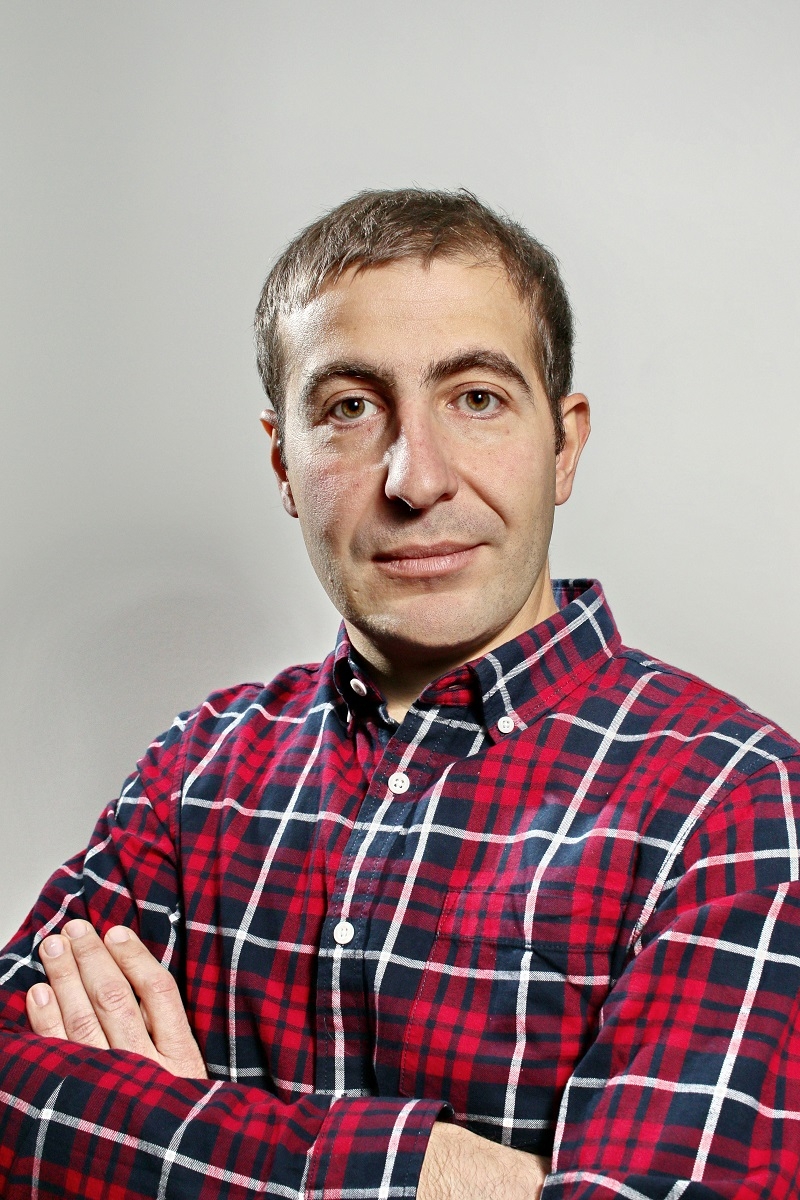Zaječar, 5 June 2025
Local Point of View: Zaječar, the City Learning from Nature
Zaječar is one of the cities that, through European Union support – initially through EU PRO, and now EU PRO Plus – has improved its infrastructure and developed projects with strong environmental components. We spoke with Ivan Živković, Head of the Department for Centralised Public Procurement and Local Economic Development of the City of Zaječar, about what local development means in the context of environmental protection and how the Programme’s support has contributed.
1. Why is environmental protection important for local development, and how is Zaječar addressing this challenge?
Environmental protection is a matter of survival – and that’s not just a phrase. In local communities like Zaječar, air quality, access to clean water, and how waste is managed directly impacts people’s health, population migration, and even the local economy. Zaječar is surrounded by rich natural resources, but also burdened by inherited infrastructural issues – which is why investments in this area are a priority. In recent years, there have been significant investments in public buildings that have directly contributed to reduced air pollution and improved energy efficiency.
2. What specific steps has Zaječar taken in environmental protection, particularly with support from the EU PRO Plus Programme?
One of the most important projects we implemented with the EU support through EU PRO Plus was the energy efficiency upgrade of the “Đurđevak” kindergarten in Zaječar. Over 1,600 square metres of the building – which had seen little investment since its opening in 1978 – were renovated. The roof was replaced, old wooden windows were substituted with PVC frames, roof terraces were reconstructed, and thermal insulation was installed. These interventions significantly reduced energy consumption and greenhouse gas emissions. These may seem like localised improvements, but they have a broad impact – on the kindergarten’s and city’s budgets, and more importantly, on creating a healthier environment for children and staff. We’ve learned that every concrete step, whether replacing windows or educating citizens, contributes to overall progress.
3. How important is community engagement in green initiatives, and are there examples of this in Zaječar?
Without active community involvement, there can be no lasting success. People need to understand why separating waste or saving energy matters – and that understanding doesn’t come from regulations alone, but through ongoing education. In Zaječar, we strive to ensure that every infrastructure investment includes an educational component – whether through school workshops, exhibitions, information campaigns, or the involvement of local associations.
The “Đurđevak” kindergarten was also digitalised as part of the project – each of the eight groups now has its own laptop. Importantly, children and parents followed the reconstruction process closely, and the children had the opportunity to learn about construction, building materials, and energy efficiency.
Since the results were immediately visible – no more leaks, freshly painted and better-lit and ventilated rooms – feedback from staff, children, and parents has been overwhelmingly positive. This and similar initiatives have confirmed that, when given the opportunity, citizens are willing to get involved and contribute to their community.
4. What are the main challenges Zaječar faces in implementing green projects?
The biggest challenge is always the same: aligning ambitions with actual capabilities. We know what needs to be done, but we often lack sufficient resources or personnel. Preparing technical documentation, managing procurement processes, reporting – all of this requires serious capacity. That’s why support from programmes like EU PRO Plus is crucial – not just for the funding, but for the mentoring, the procedures, and the discipline we develop through the process.
5. What would you highlight as the next step in environmental protection for local governments?
From the perspective of local governments, the next step must be stronger regional cooperation. Ecology doesn’t recognise administrative borders – rivers, air, and waste don’t stay within a single municipality. That’s why future initiatives should encourage joint projects between multiple cities and municipalities – such as regional recycling centres, waste disposal sites, and wastewater treatment facilities.
The old saying “we’re stronger together” is no cliché here. Environmental problems become more visible and solvable when addressed collectively. Few municipalities face ecological challenges that are limited to their own territory – unresolved issues typically require a joint response and the engagement of multiple local self-governments. That’s why connecting municipalities, the public and private sectors, and citizens around shared, strategic projects that address regional environmental challenges is critical.
Through the EU PRO Plus Programme, we’ve had the opportunity to initiate this kind of cooperation. In the territory encompassing the City of Zaječar and neighbouring municipalities of Knjaževac, Sokobanja, and Boljevac, and with EU support and expert guidance from UNOPS, we developed the Strategy for development of urban area, which forms the basis for further sustainable and integrated development.
The EU grant of over one million Euros is currently allowing us to implement a project defined in that strategy, based on European models of territorial development. All four participating local self-governments, in cooperation with other local and regional actors, are working to improve sustainable tourism by activating potential and enriching the region’s tourism offering – while adhering to high environmental standards.
Equally important is systematic investment in knowledge – especially among youth and public sector employees. If we succeed in combining knowledge, funding, and regional cooperation – we can make real progress.
